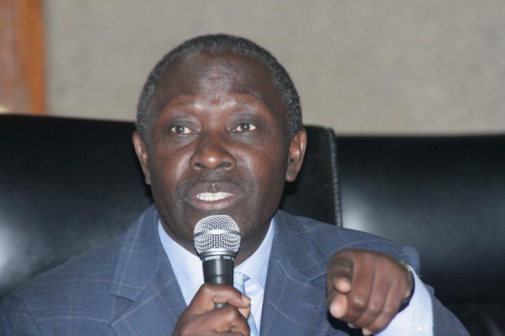×
The Standard e-Paper
Kenya’s Boldest Voice

There is a new push to cut down on the public wage bill and contain wastefulness in public service by reducing the number of members of national and county assemblies as well as forcing job cuts in the civil service.
Also proposed is the reduction of membership to the high-paying independent commissions.